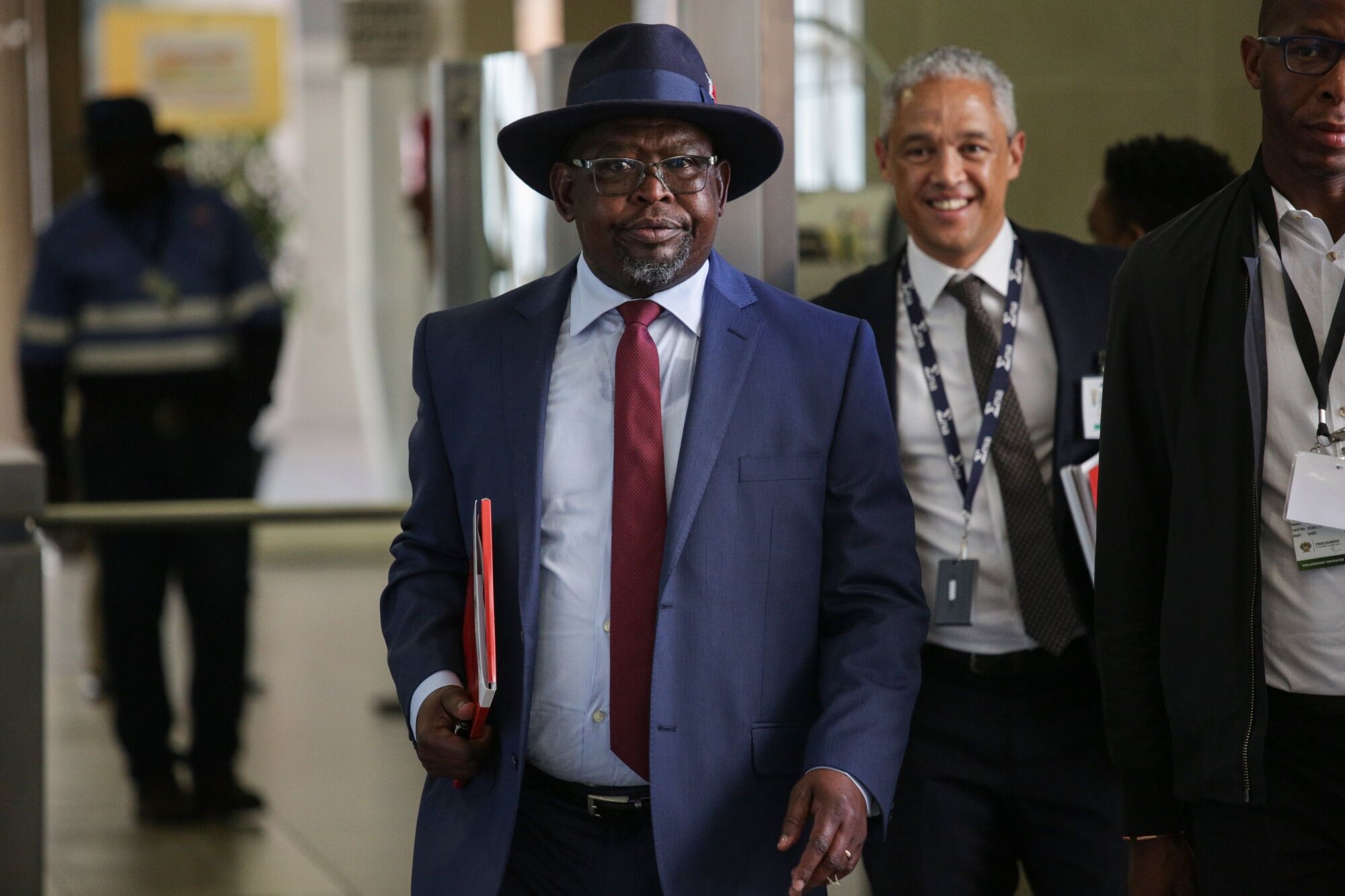Winners and Losers in South Africa’s Pre-Election Budget

South Africa delivered clear winners in its budget — months from a crucial election — but squeezed more revenue out of taxpayers by taking aim at smokers and drinkers and not adjusting income tax brackets for inflation.
Here’s who’ll benefit from Wednesday’s budget:
WINNERS
Bond investors
Finance Minister Enoch Godongwana set the country on course to stabilize its debt at lower than previously estimated levels, reducing debt-service costs and the amount that the government needs to borrow from investors to fund its spending plans. Godongwana pulled that off by tapping massive paper profits on the country’s gold and foreign exchange reserve account to the tune of 150 billion rand ($7.9 billion).
Key Public Sector Workers
President Cyril Ramaphosa’s government will boost spending by 251.3 billion rand to make sure the salaries of teachers, doctors, nurses and police are fully funded. It also set aside 7.4 billion rand in 2024-25 for the presidential employment initiative, as the country continues to fight unemployment running above 32%.
Electric-Vehicle Manufacturers
From March 1, 2026, producers of electric vehicles in South Africa will be able to claim 150% of qualifying investment spending to boost the country’s transition to new energy transportation.
Welfare Recipients
The government has provisionally allocated funding for the social relief grant it started paying to the unemployed during the Covid-19 pandemic until March 2027.
LOSERS
Taxpayers
Godongwana will boost tax revenue by 15 billion rand, though much of this will be done quietly. Rather than raising income tax rates, he won’t adjust personal tax brackets for inflation, which the government expect to run at 4.9% this year. So-called bracket creep means that as salaries increase to keep up with the rising cost of living, workers get pushed into higher tax brackets and end up handing more over to the government. Rebates and medical tax credits also won’t be adjusted for inflation.
Smokers and drinkers
The finance minister plans to lift excise duties on alcoholic drinks by between 6.7% to 7.2% for 2024-25. He’ll also raise duties on cigarettes by 4.7% and by 8.2% for pipe tobacco and cigars.
Multinational corporate tax dodgers
The government will implement a global minimum corporate tax, with multinational corporations subject to an effective rate of 15% regardless of where the profits are located.
Transnet
The struggling state-owned operator of the nation’s ports and freight-rail gets no new money beyond debt guarantees of 47 billion rand that were already granted.
Eskom
The embattled electricity utility, whose shortcomings cause daily power cuts handicapping the entire economy, will have its government aid cut by 4 billion rand over two years for failing to sell the Eskom Finance Co. by March 2024 as agreed.

